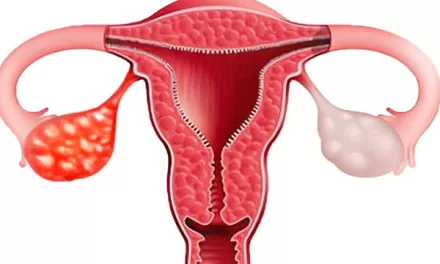With over 100 million adults in the United States affected by obesity, including 22 million with severe obesity, physicians are increasingly confronted with the challenge of managing this condition. As new tools become available, the question persists: which method is most effective and sustainable? Diet and lifestyle changes, anti-obesity medications (AOMs), bariatric surgery, or a combination of these approaches?
Evaluating the Options
Dr. Vanita Rahman, clinic director of the Barnard Medical Center in Washington, DC, emphasizes the importance of individualized care. “There are no head-to-head trials comparing these approaches,” she noted at the International Conference on Nutrition in Medicine. Physicians must weigh the benefits and drawbacks of each intervention while involving patients in decision-making.
Guidelines from organizations such as the American Heart Association and the American Association of Clinical Endocrinologists outline treatment strategies based on body mass index (BMI) and comorbidities:
- Overweight (BMI 25-29.9): Lifestyle changes; AOMs for those with comorbidities.
- Obesity (BMI ≥30): Lifestyle changes, AOMs; bariatric surgery for severe comorbidities.
- Severe Obesity (BMI ≥35 with comorbidities or BMI ≥40): Lifestyle changes, AOMs, and bariatric surgery.
Dr. Sheethal Reddy, a psychologist at Emory University Hospital, stresses the foundational role of lifestyle changes. “Without lifestyle modifications, none of the approaches will ultimately be effective,” she said. These changes encompass not only diet but also physical activity, which impacts metabolism, sleep, and appetite regulation.
Durability of Interventions
While bariatric surgery can lead to significant weight loss, its durability varies. Studies reveal that many patients regain some weight, with approximately 49% experiencing significant weight regain after procedures like Roux-en-Y gastric bypass. Similarly, weight-loss medications like GLP-1 receptor agonists (e.g., semaglutide) and GLP-1/GIP combinations (e.g., tirzepatide) show promising initial results, but patients often regain weight upon discontinuation.
These medications suppress appetite but do not address underlying causes of obesity, Rahman explained. Side effects, including nausea and vomiting, coupled with limited insurance coverage, further complicate their use.
The Role of Nutrition
A whole-food, plant-based diet is a cornerstone of Rahman’s approach. “This dietary style not only prevents nutrient deficiencies but is also sustainable,” she said. Studies support its efficacy in long-term weight management. For example, a 5-year study on a vegetarian diet combined with exercise and stress management showed sustained weight loss compared to standard care.
Nutritional interventions also avoid the micronutrient deficiencies associated with bariatric surgery, such as deficiencies in vitamins A, D, and B12. According to Rahman, a plant-based diet can reset taste preferences, enabling patients to adopt healthier eating habits.
Addressing Behavioral Drivers
Obesity often stems from behavioral and emotional factors, such as overeating due to stress or cultural habits. Supatra Tovar, PsyD, emphasizes the importance of understanding these drivers. “Addressing underlying behaviors is essential,” she said, advocating for mindful eating practices and a holistic relationship with food.
Beyond Lifestyle Interventions
For patients with severe obesity or significant comorbidities, lifestyle changes alone may not suffice. Dr. W. Timothy Garvey of the University of Alabama underscores the importance of AOMs and bariatric surgery in addressing the physiological processes driving weight regain. He likens these medications to treatments for diabetes or hypertension: they require ongoing use to sustain benefits.
Despite potential side effects, Garvey argues that these tools are vital in combating obesity’s serious health consequences. For patients unable to tolerate AOMs or achieve sufficient weight loss, bariatric surgery remains an effective option, particularly when combined with other interventions.
The Path Forward
Sustained weight loss requires a comprehensive approach that combines lifestyle modifications, medical interventions, and behavioral support. While each method has its limitations, a personalized plan tailored to the patient’s needs and circumstances offers the best chance for long-term success.
As Rahman and others highlight, addressing obesity involves more than numbers on a scale. It’s about equipping patients with the tools, knowledge, and support to make lasting changes for improved health and quality of life.











